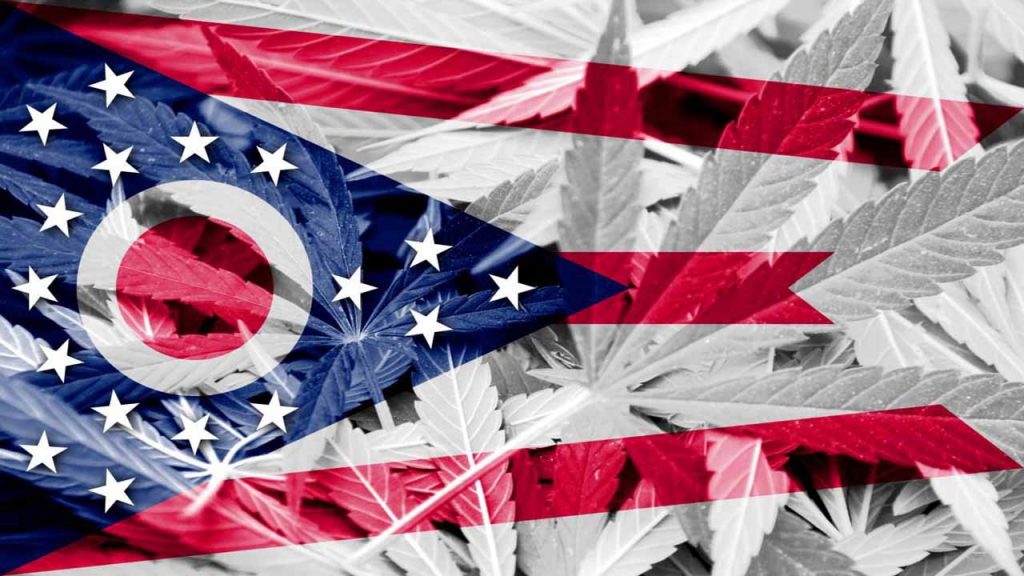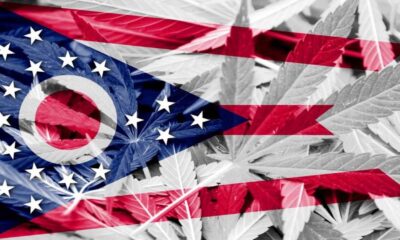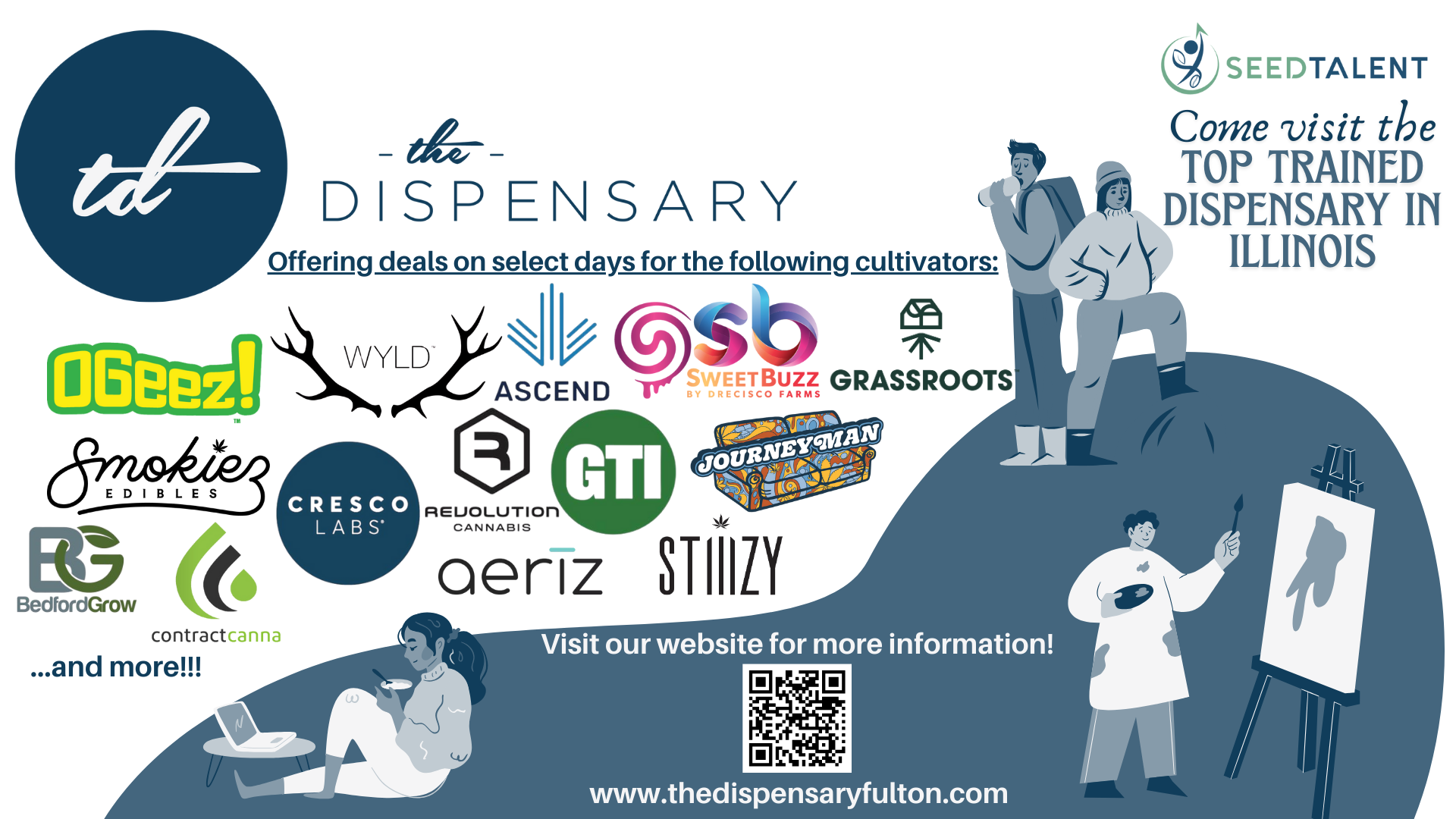VERMILION RESERVATION— After months of clearing legal hurdles and playing the waiting game on a supplier and transporter of marijuana, the new Bois Forte cannabis dispensary, Ishkode, opened for business last Friday.
Spiritual advisor Vern Adams braved the frigid wind and snow as he stood outside on the deck prior to the ribbon cutting to smoke a ceremonial pipe, surrounded by others protecting the pipe from the wind.
Once inside, Adams offered a blessing to the spirits, followed by Bois Forte Acting Chair and District I Representative Shane Drift cutting the ceremonial ribbon to officially declare Ishkode open.
A line of more than a dozen customers waited patiently as their information was put into the dispensary computer system, and then milled about looking at and choosing merchandise, assisted by enthusiastic Ishkode employees.
“It’s finally happening, we are finally open,” Drift said as he looked around the shop. “It’s been a long process with all the hurdles that we had to jump through to get our dispensary open. It is a great day for our band members, it’s a great day for our band, it’s a great day for our future.”
To say that Bois Forte Development Corporation (BFDC) CEO Drew Ebert was thrilled would be an understatement.
It took countless hours of hard work under much pressure for Ebert, along with BFDC Innovation Manager Taneesha Dupree and Ishkode Retail Manager Paxton Goodsky, to get the business open.
“It’s really exciting for the team,” Ebert said. There were a lot of people collaborating, working hard on this. We had help on the corporate side and we had help with the government, and having this finally live is a beautiful thing. We were able to put this together from approval to today in under six months. A lot of the other dispensaries that we’ve seen, not just in this state, but in others, tended to take a lot longer. And we were also able to do it for a significantly lower price point, a third or more of what a lot of other dispensaries used.
The estimated 2,000-square-foot building has retail counter space where guests can purchase items such as real cannabis flower and pre-rolls and a variety of products, an office, and ample storage for products. There is also a seating area with a large flatscreen TV for customers to enjoy.
Ebert said a lot of thought and research went into creating the dispensary’s upscale motif.
“We pulled inspiration from the kind of casino mall setup that you see in Vegas,” Ebert said. “And what did that flow look like? What it said was luxury. We wanted it to be a place that is calm and welcoming, but at the same time a luxury experience because we want the look of our place to reflect the quality of our product.”
Ebert credited Goodsky for adding essential elements to the development of the dispensary.
“We needed someone with high charisma and knowledge of the industry, and after we went through all of our interviews Paxton was the obvious standout. He talked about expansion ideas specifically related to retail, which is what we were looking for. He was really able to complement a lot of the structure, organization, and legwork that we had completed.”
Important, too, Ebert said, was finding the right staff.
“We were really looking for heart,” he said, “because we can train them in some of the other aspects. But we wanted to make sure these people had passion for being here with us because that’s who we want on our team. I would say our ultimate technique has been relationship management with and amongst ourselves, helping each other and maximizing our potential by complementing each other so that we could make this beautiful product.”
Tribal Council Secretary Treasurer Tara Geshick also participated in the ribbon cutting and said that the blessing given by Adams will be an important part of the dispensary’s success.
Read more at
https://www.timberjay.com/stories/ishkode-cannabis-dispensary-is-now-open-at-vermilion,22729








































